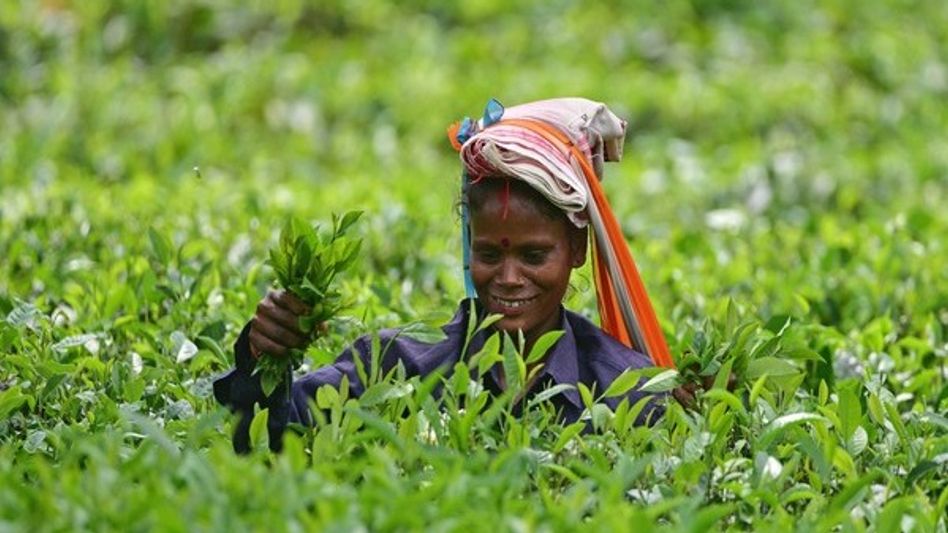Assam tea estates to cultivate oil palm under government scheme
The central government has approved the inclusion of Assam's tea estates in the National Mission on Edible Oils - Oil Palm (NMEO-OP), weeks after an industry body sought its intervention.
 Assam tea estates to cultivate oil palm under government scheme
Assam tea estates to cultivate oil palm under government schemeThe central government has approved the inclusion of Assam's tea estates in the National Mission on Edible Oils - Oil Palm (NMEO-OP), weeks after an industry body sought its intervention.
This move allows tea gardens in the state to use up to 5 per cent of their land for oil palm cultivation under the flagship scheme, potentially easing the financial strain on the tea industry.
In a letter dated April 1, 2025, the Ministry of Agriculture and Farmers Welfare informed Assam’s agriculture director that the scheme’s benefits would be extended to eligible tea estates.
“Since the support under NMEO-OP is per hectare for cultivation of oil palm, in case of utilising up to 5 percent tea estate land, the same support can be extended to the landowner/estate for every 143 Oil Palm trees (the expected number per hectare),” the ministry’s letter stated.
The North Eastern Tea Association (NETA) had pushed for this inclusion in its letter dated February 4, 2025, arguing that Assam's tea estates were previously unable to avail the scheme due to land classification issues. The assistance under the oil palm mission includes funding for planting material, maintenance for up to four years, intercropping inputs, land clearance, bio-fencing, irrigation support, and other agricultural infrastructure. A special package is also available for northeastern states.
India depends heavily on palm oil imports to meet its edible oil demand. The NMEO-OP initiative was launched to boost domestic production and cut the import bill. Tea estate owners see this as an opportunity to diversify, given the significant capital investment required for oil palm cultivation.
“The support under the oil palm mission will help tea estates overcome the crisis facing the plantation industry,” said Bidyananda Barkakoty, adviser to NETA.
An in-house study conducted by NETA found that tea and oil palm can coexist without disrupting traditional tea cultivation. The study also emphasized that cultivating cash crops like agar and oil palm on 5 per cent of tea garden land is crucial to sustaining the industry amid economic challenges.
The Assam government had already taken steps to facilitate diversification. In October 2022, it allowed tea estates to use 5% of their land for specific purposes, including cash crops. The state cabinet further classified oil palm as a cash crop in January 2025, paving the way for this inclusion in the central scheme.
Despite Assam’s reputation for producing some of the finest teas, the industry has faced mounting challenges. Rising production costs, stagnant domestic consumption, and subdued prices have added pressure on tea growers. The state accounts for nearly 700 million kg of India’s total tea production annually, but sustaining profitability has become increasingly difficult.
Copyright©2025 Living Media India Limited. For reprint rights: Syndications Today









